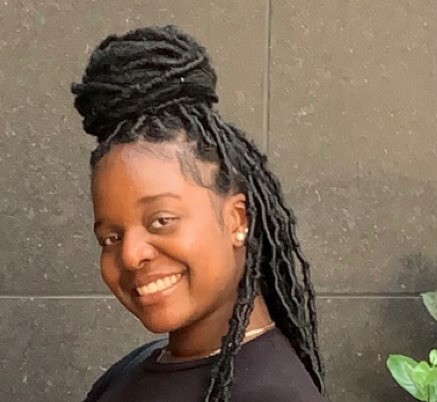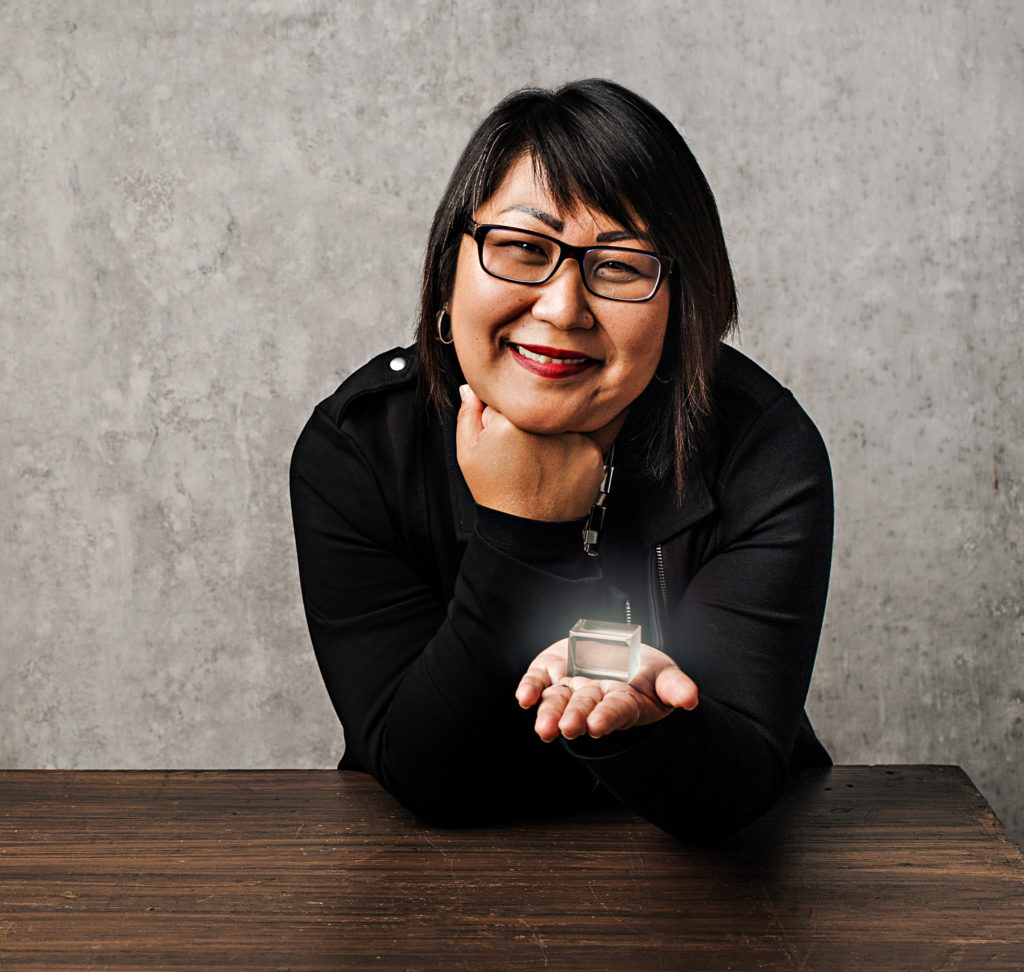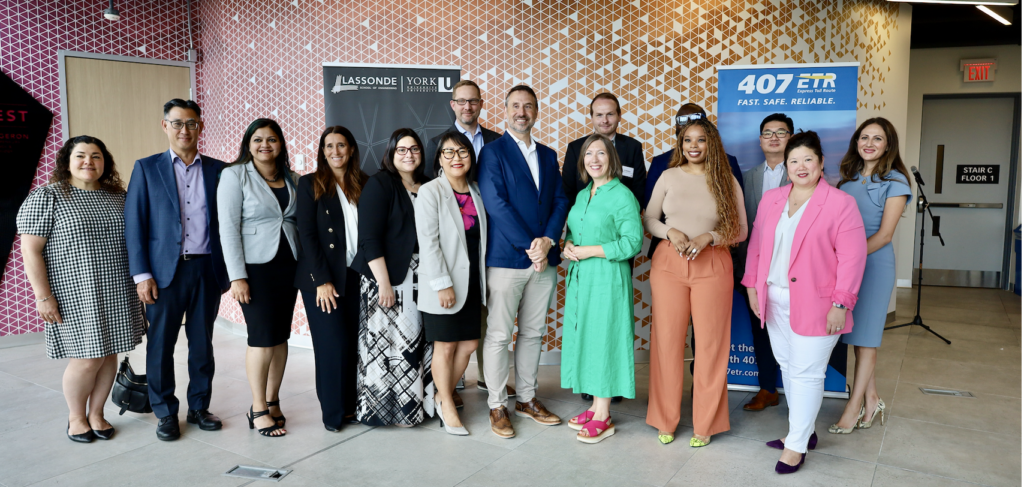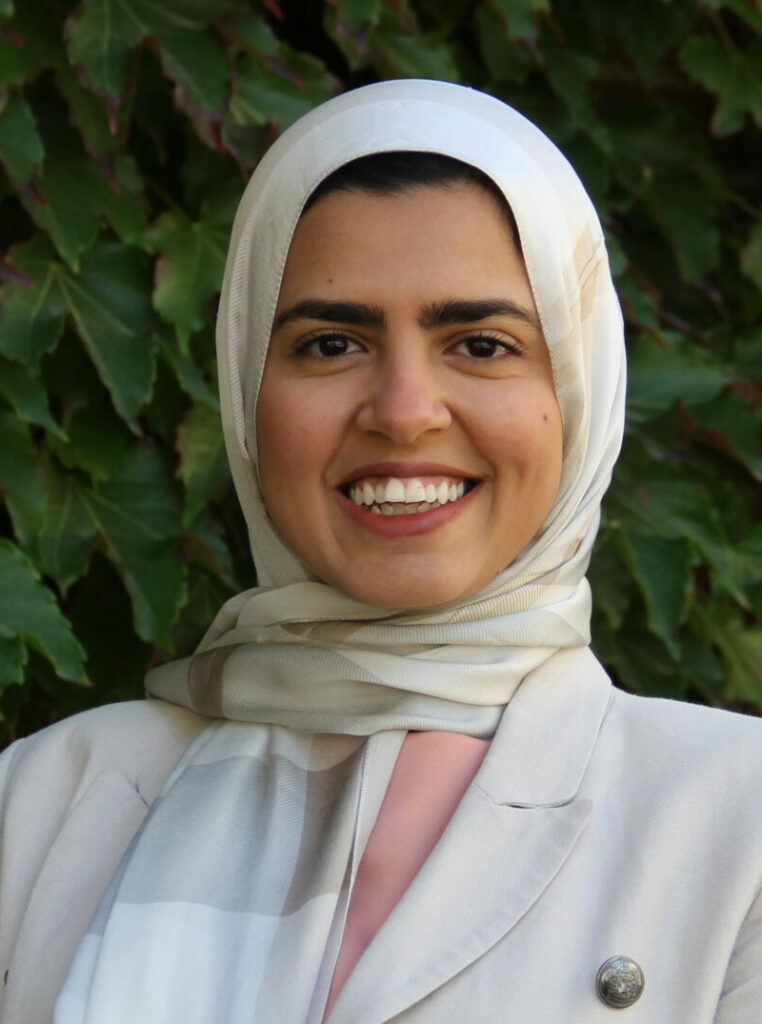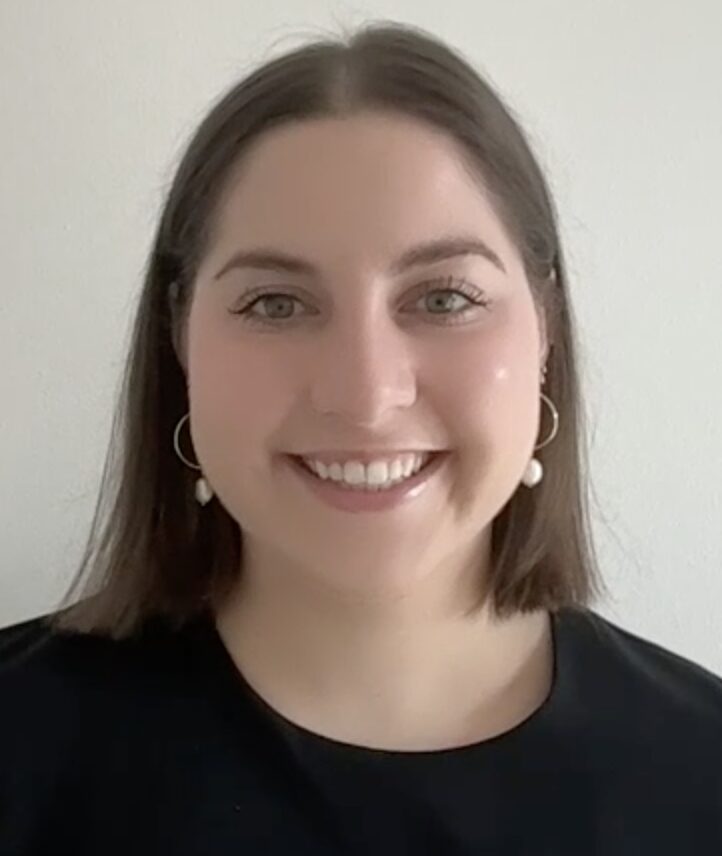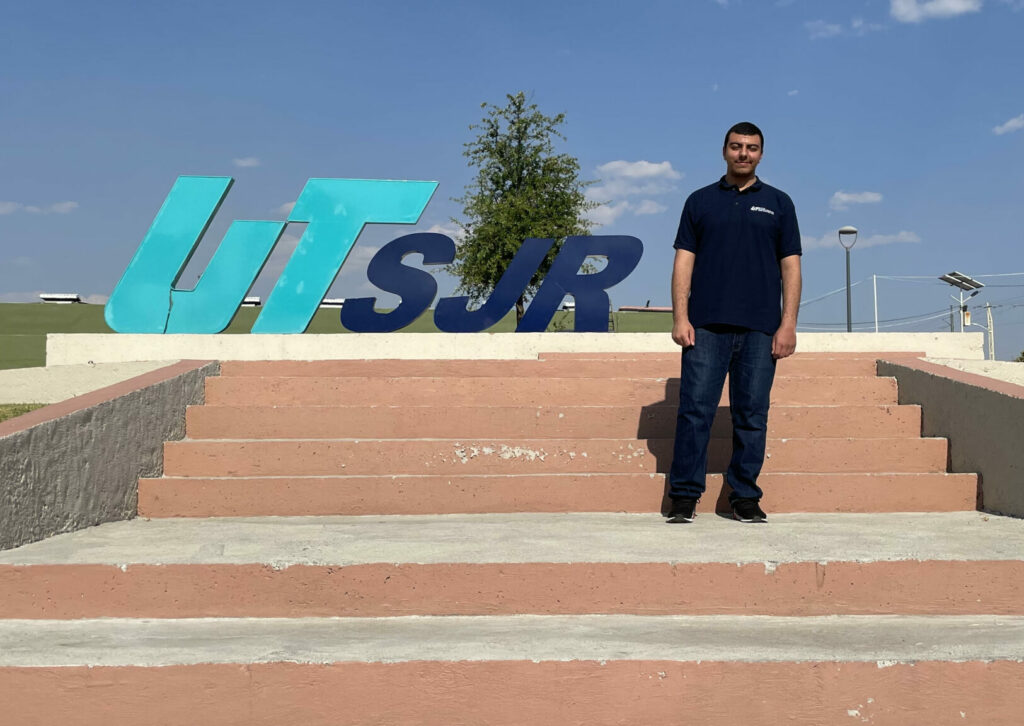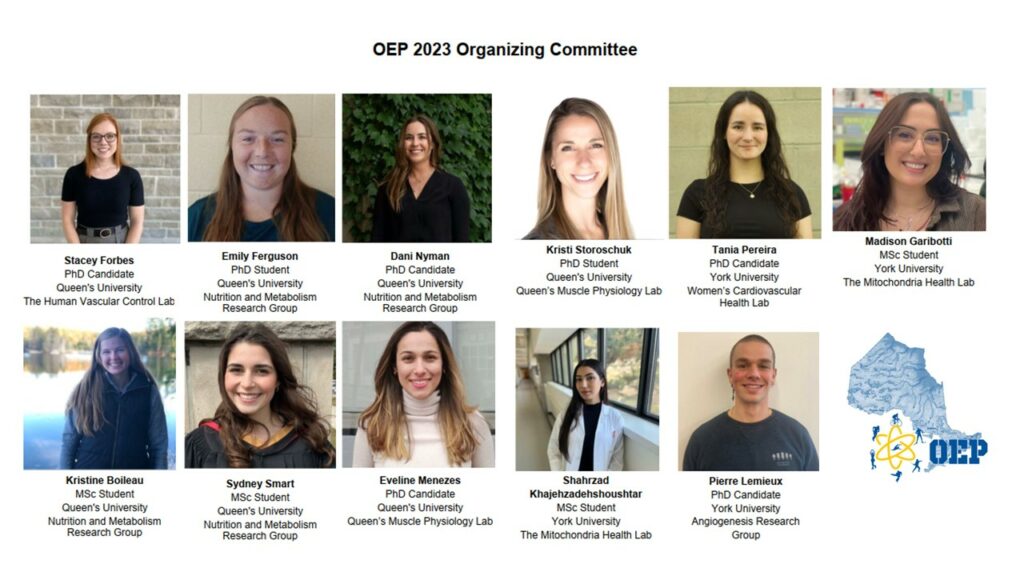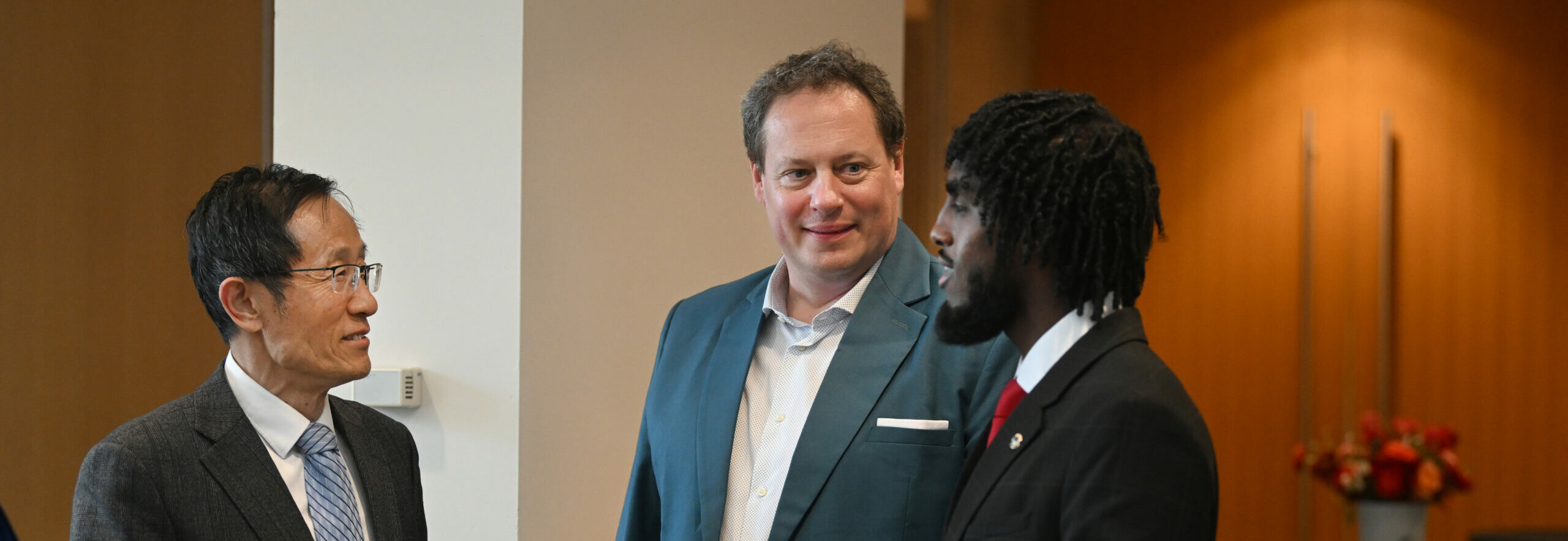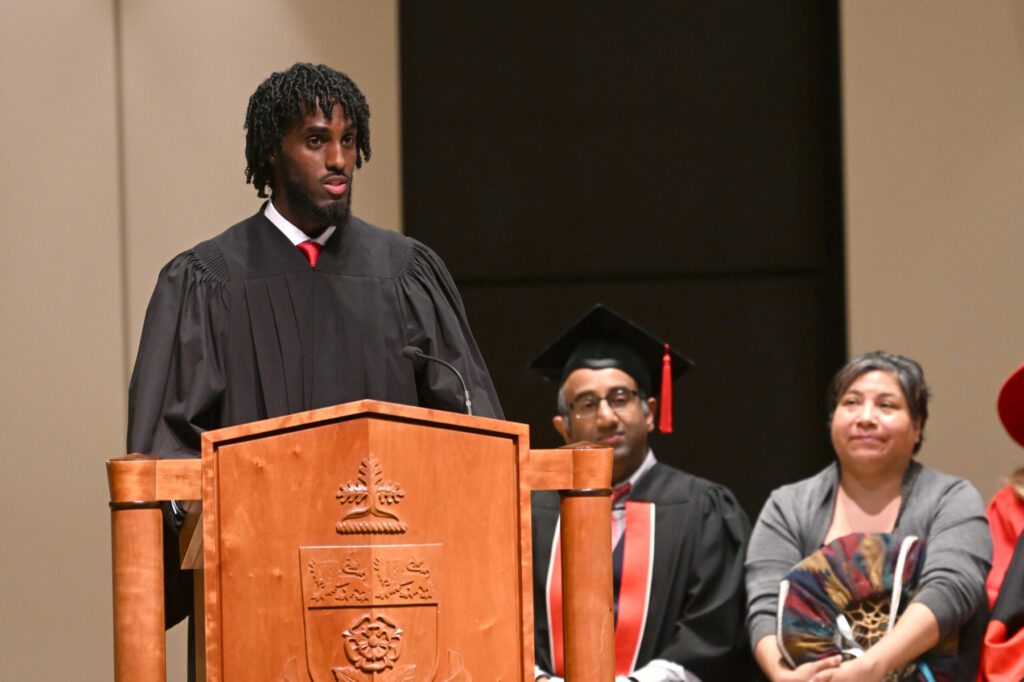La version française suit la version anglaise.
On this Emancipation Day, York University recognizes and honours the unwavering resistance and strength of Black communities. Emancipation Day recognizes the Slavery Abolition Act of 1833, which took effect on Aug. 1, 1834, making the purchase or ownership of slaves illegal within most parts of the British Empire, including Canada. The symbolism behind this historical date represents a resounding reclamation and call for change. This call is never far removed from the daily experiences of people of African descent as they continue to grapple with anti-Black racism, one of many lasting legacies of the transatlantic slave trade.
As we commemorate Emancipation Day, we must also recognize Canada’s long historical role in the enslavement of people of African descent and Indigenous Peoples, as well as the ways these legacies remain active in our everyday interactions. Slavery in Canada was practised for two centuries, and Canada’s involvement in the transatlantic slave trade can be linked to our history of international trade. It is important that we understand how these occurrences are inextricable and that our lack of awareness and silences are in service of attempts to erase or dismiss the realities of Black and Indigenous communities and individual experiences in Canada.
Black liberation is deeply connected to the liberation of all other groups, and this calls for a collective response to anti-Black racism and other forms of racial inequities. Black scholarship, research, innovation and social activism have made significant contributions to Canadian society, culture and economy. York University recognizes the obligation to counter anti-Black racism with numerous initiatives, including the creation of funding research mechanisms that affirm Black identities and offer counternarrative tools that disrupt harmful approaches to help create a more just and equitable world.
One of the primary ways York University recognizes the work of reclamation across the community is through the documents Addressing Anti-Black Racism: A Framework on Black Inclusion and the accompanying Action Plan on Black Inclusion: A Living Document for Action (2021), which put forward a road map for the ways that York should respond and situate itself in the various contexts and processes in which anti-Black racism, colonialism and other forms of oppression operate. Many new and ongoing initiatives have been documented in the 2022-23 Annual Report on Black Inclusion, and all community members are encouraged to read this annual report. Members of the community are also encouraged to engage in the important work of the Harriet Tubman Institute through watching the Tubman Talks series on the Tubman Talks YouTube channel.
Thank you, Merci, Miigwech,
Alice Pitt
Interim Vice-President Equity, People and Culture
Déclaration à l’occasion du Jour de l’émancipation 2023
À l’occasion du Jour de l’émancipation, l’Université York reconnaît et honore la résistance et la force inébranlables des communautés noires. Le Jour de l’émancipation commémore la Loi de 1833 sur l’abolition de l’esclavage qui a été promulguée le 1er août 1834; cette loi rendait l’achat ou la possession d’esclaves illicites dans la plupart des territoires de l’Empire britannique, y compris le Canada. Cette date historique symbolise une revendication sans équivoque et un appel au changement. Cet appel n’est jamais très éloigné des expériences quotidiennes des personnes d’ascendance africaine qui continuent à lutter contre le racisme anti-Noirs, l’un des nombreux vestiges de la traite transatlantique des esclaves.
Dans le cadre de la commémoration du Jour de l’émancipation, nous devons également reconnaître le rôle que le Canada a joué pendant longtemps dans l’asservissement des personnes d’ascendance africaine et des peuples autochtones, ainsi que les traces de ce passé qui subsistent dans nos interactions quotidiennes. L’esclavage a sévi au Canada pendant deux siècles, et la participation du pays à la traite transatlantique des esclaves peut être imputée à son historique de commerce international. Il est important de comprendre que ces faits sont inextricablement liés et que notre manque de sensibilisation et nos silences favorisent les tentatives d’effacer ou de balayer les réalités des communautés noires et autochtones et les expériences individuelles au Canada.
La libération des Noirs est étroitement liée à la libération de tous les autres groupes, ce qui nécessite une réponse collective au racisme anti-Noirs et à d’autres formes d’inégalités raciales. L’érudition, la recherche, l’innovation et l’activisme social des Noirs ont largement contribué à la société, à la culture et à l’économie canadiennes. L’Université York est consciente de son obligation de lutter contre le racisme anti-Noirs grâce à de nombreuses initiatives, notamment la création de mécanismes de recherche de financement qui renforcent les identités noires et offrent des récits à contre-courant qui perturbent les approches dommageables afin de contribuer à la création d’un monde plus juste et plus équitable.
L’une des principales façons de valoriser le travail de revendication réalisé dans la communauté se traduit par la publication par York des documents suivants : Lutte contre le racisme anti-Noirs : Un cadre d’inclusion des personnes noires et son compagnon, le Plan d’action pour l’inclusion des personnes noires : Un document évolutif pour passer à l’action (2021); ces deux publications présentent le plan d’action de l’Université pour réagir et se situer dans les divers contextes et processus où le racisme anti-Noirs, le colonialisme et d’autres formes d’oppression sont présents. De nombreuses initiatives récentes et en cours sont décrites dans le Rapport annuel 2022-2023 sur l’inclusion des personnes noires et nous encourageons tous les membres de la communauté à le lire. Nous invitons aussi les membres de la communauté à suivre les travaux importants de l’Institut Harriet Tubman, en regardant la série Tubman Talks sur la chaîne YouTube Tubman Talks.
Merci, thank you, Miigwech.
Alice Pitt
Vice-présidente intérimaire de l’équité, des personnes et de la culture




